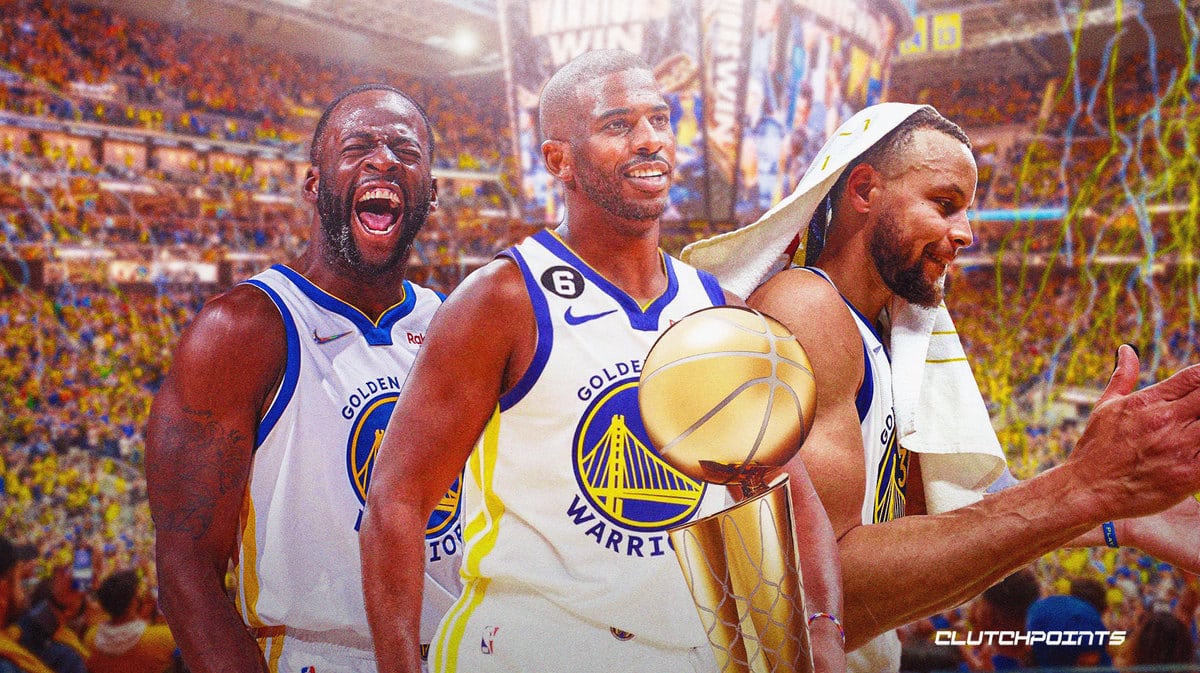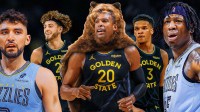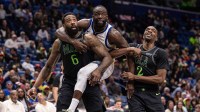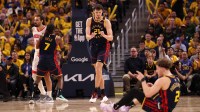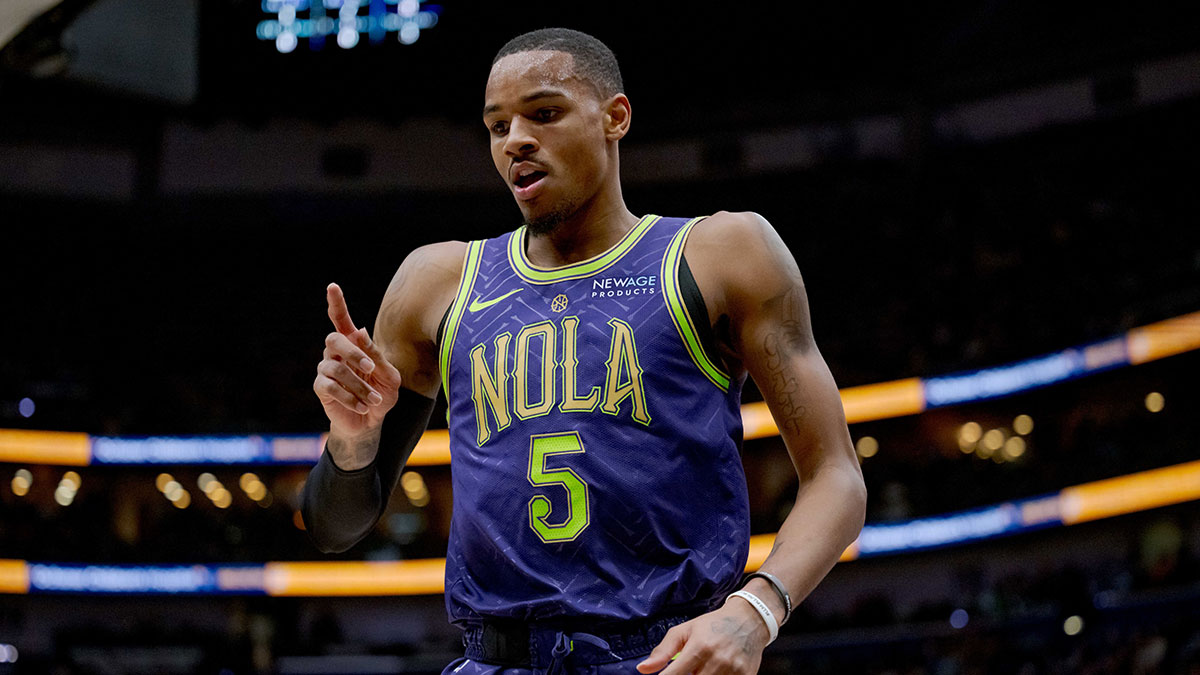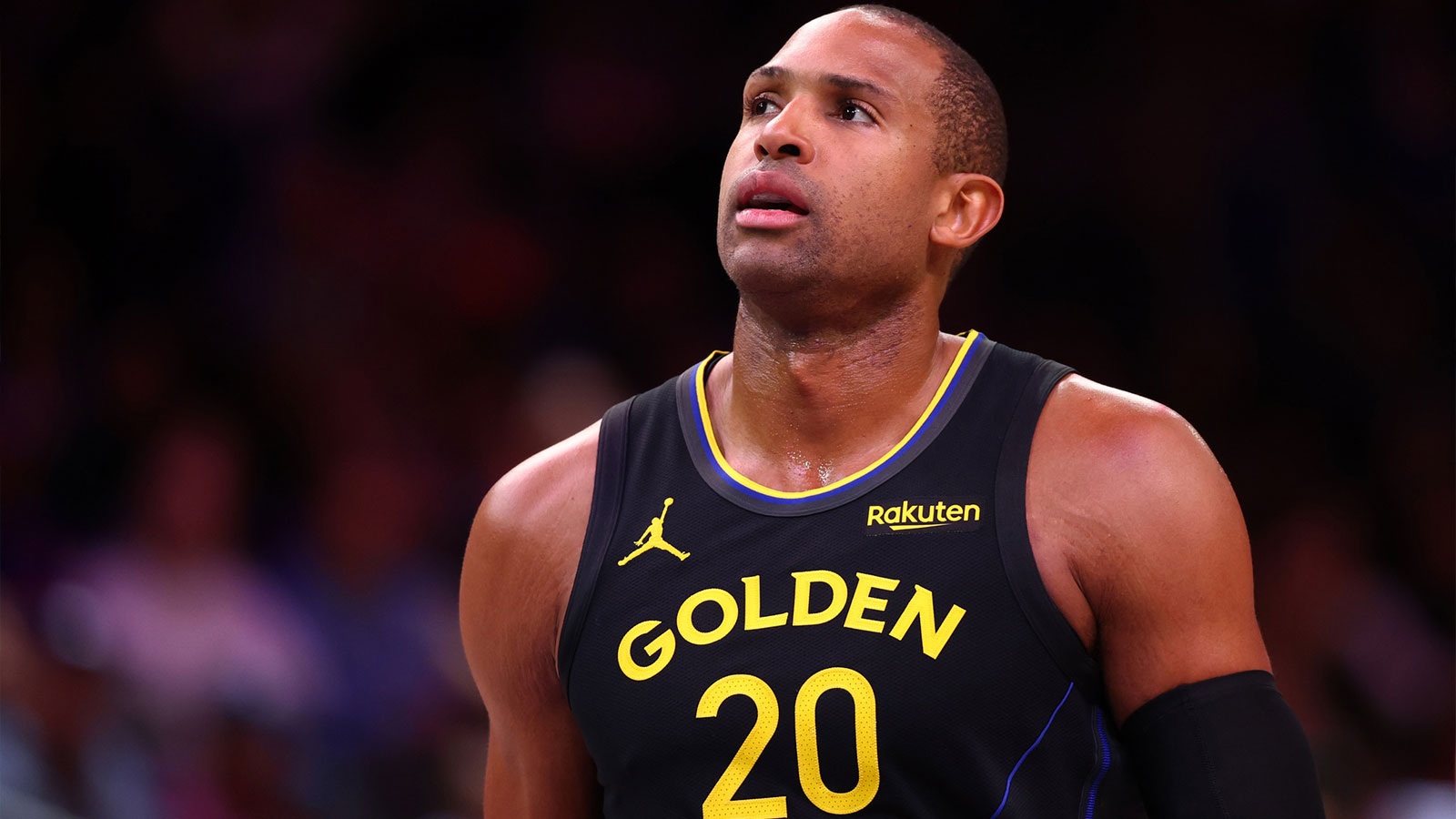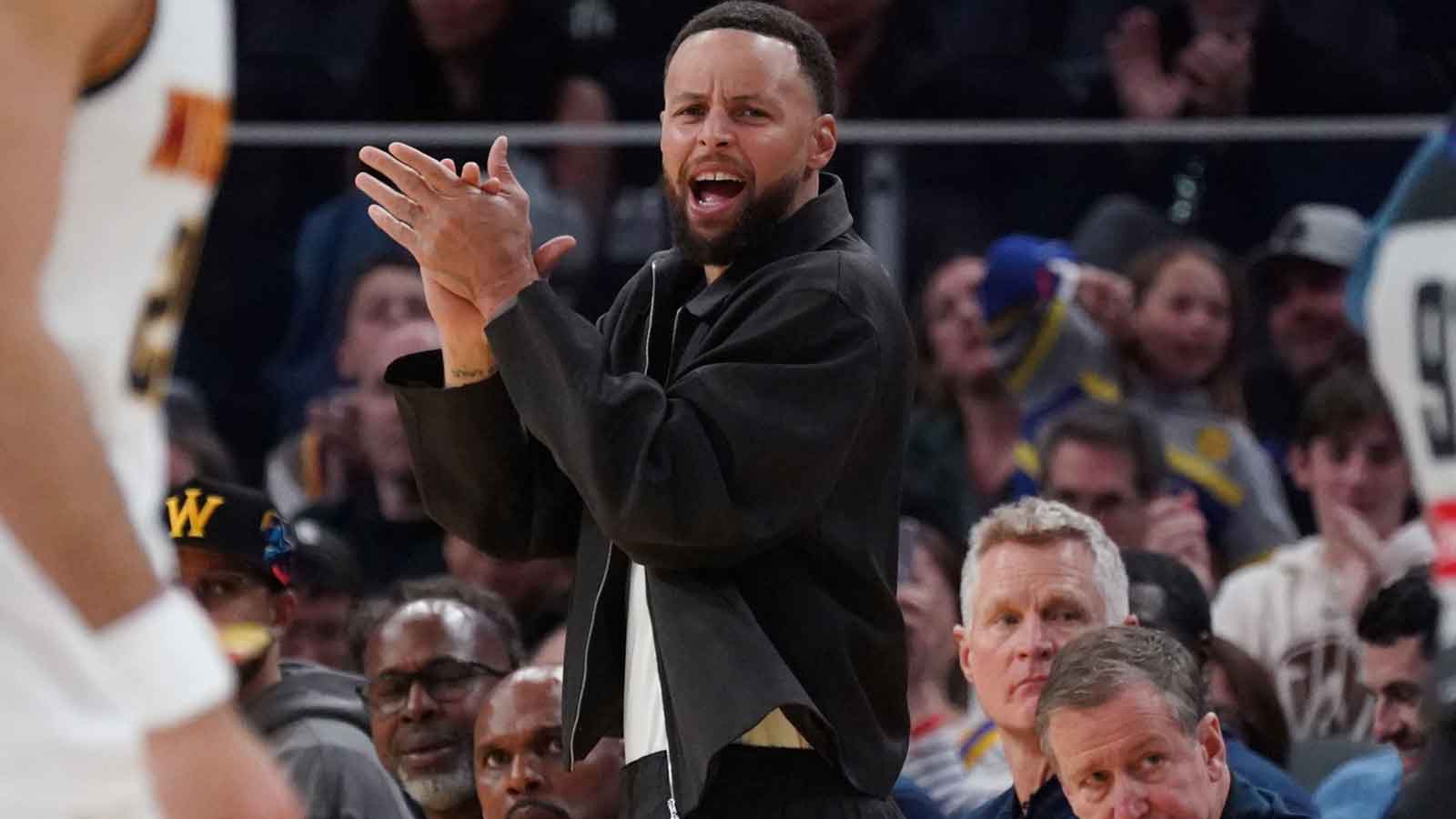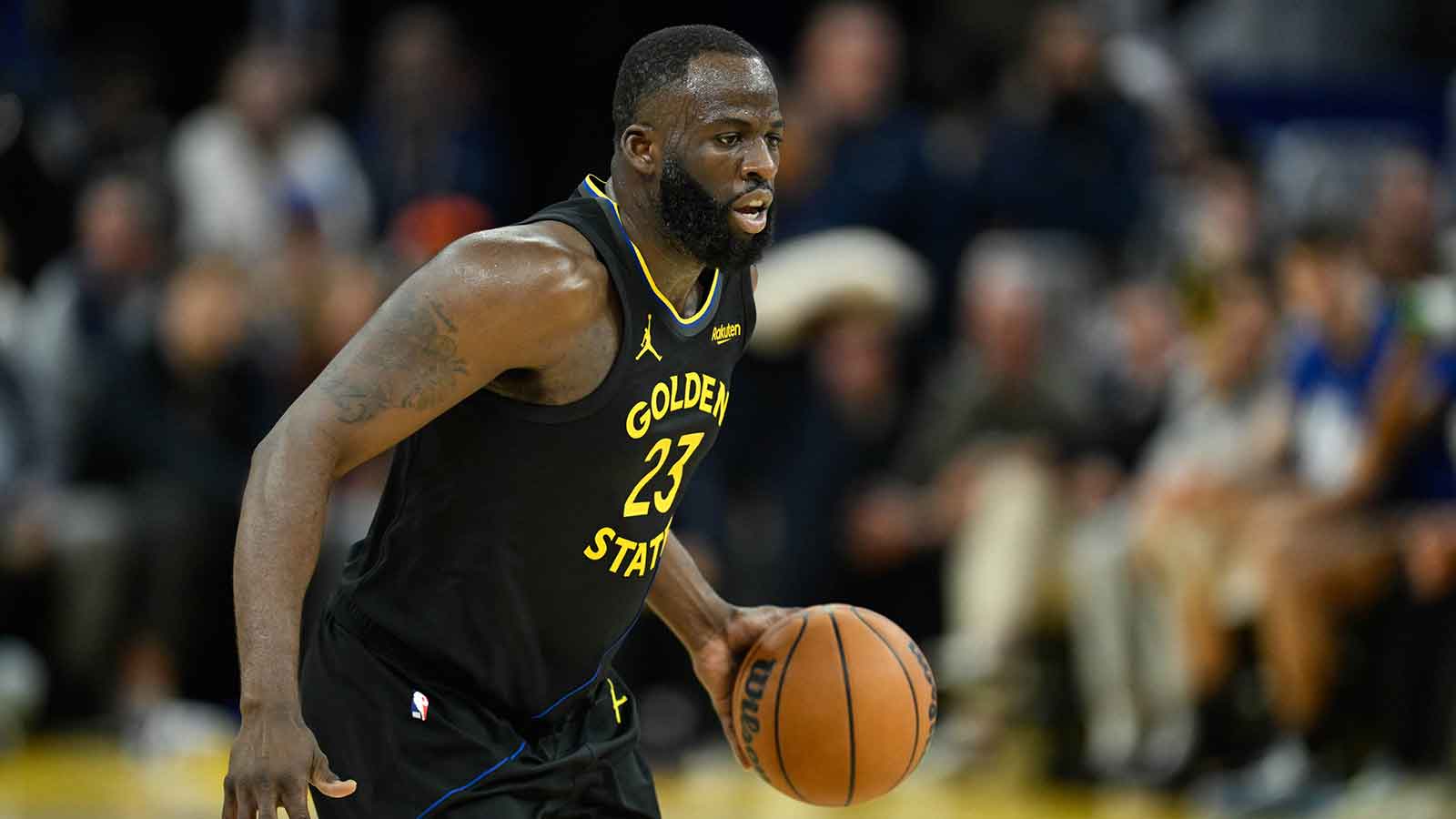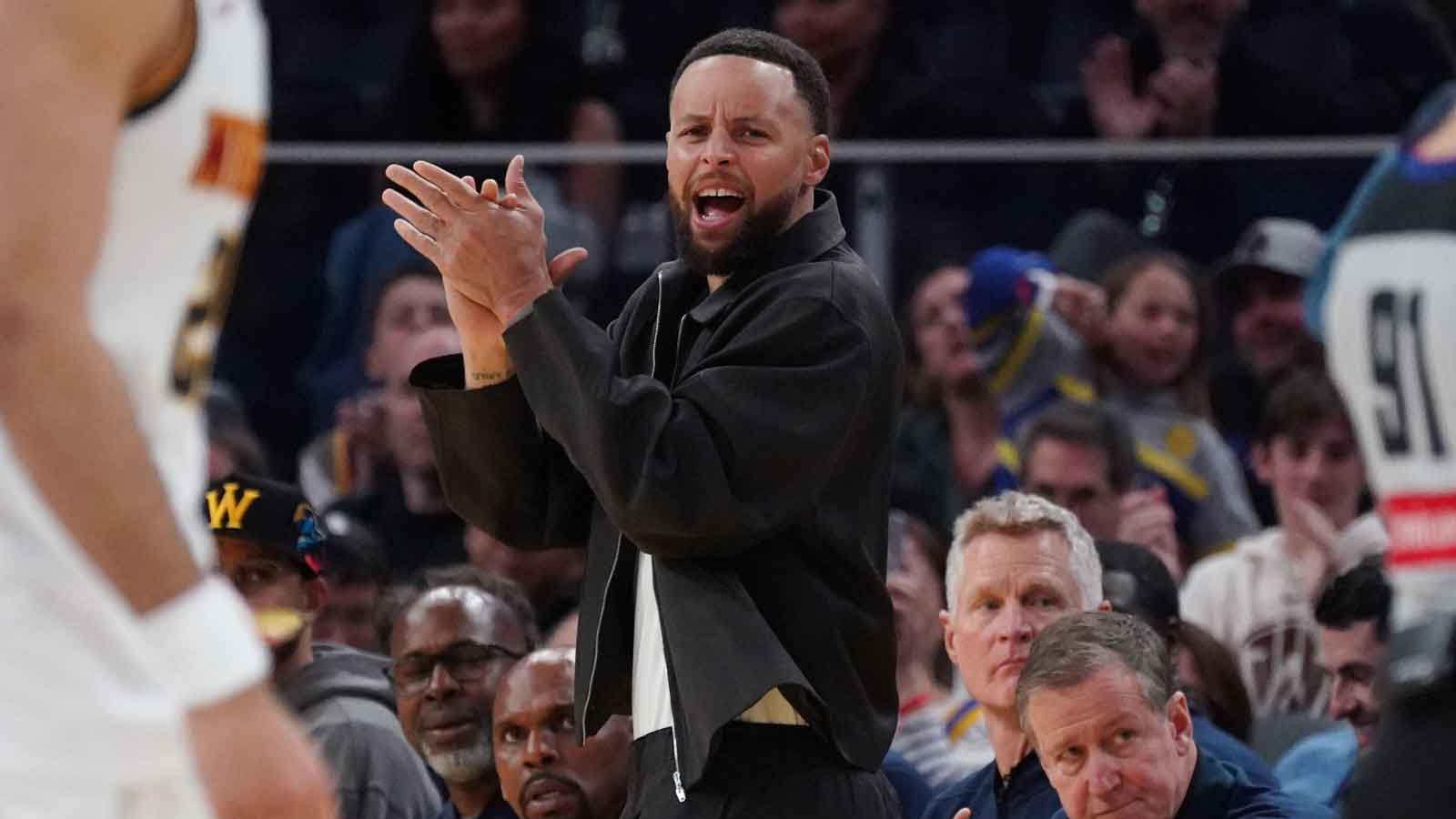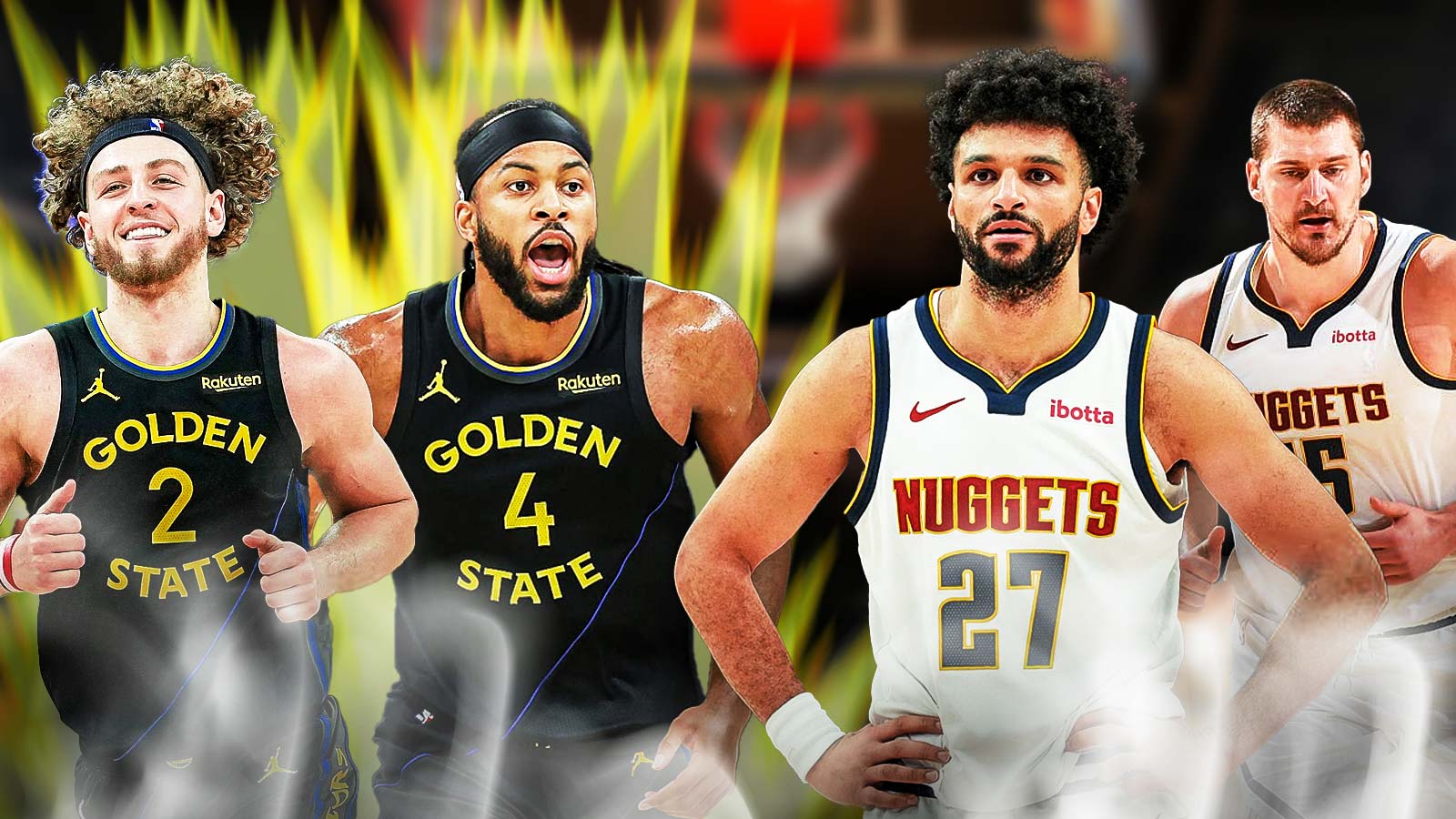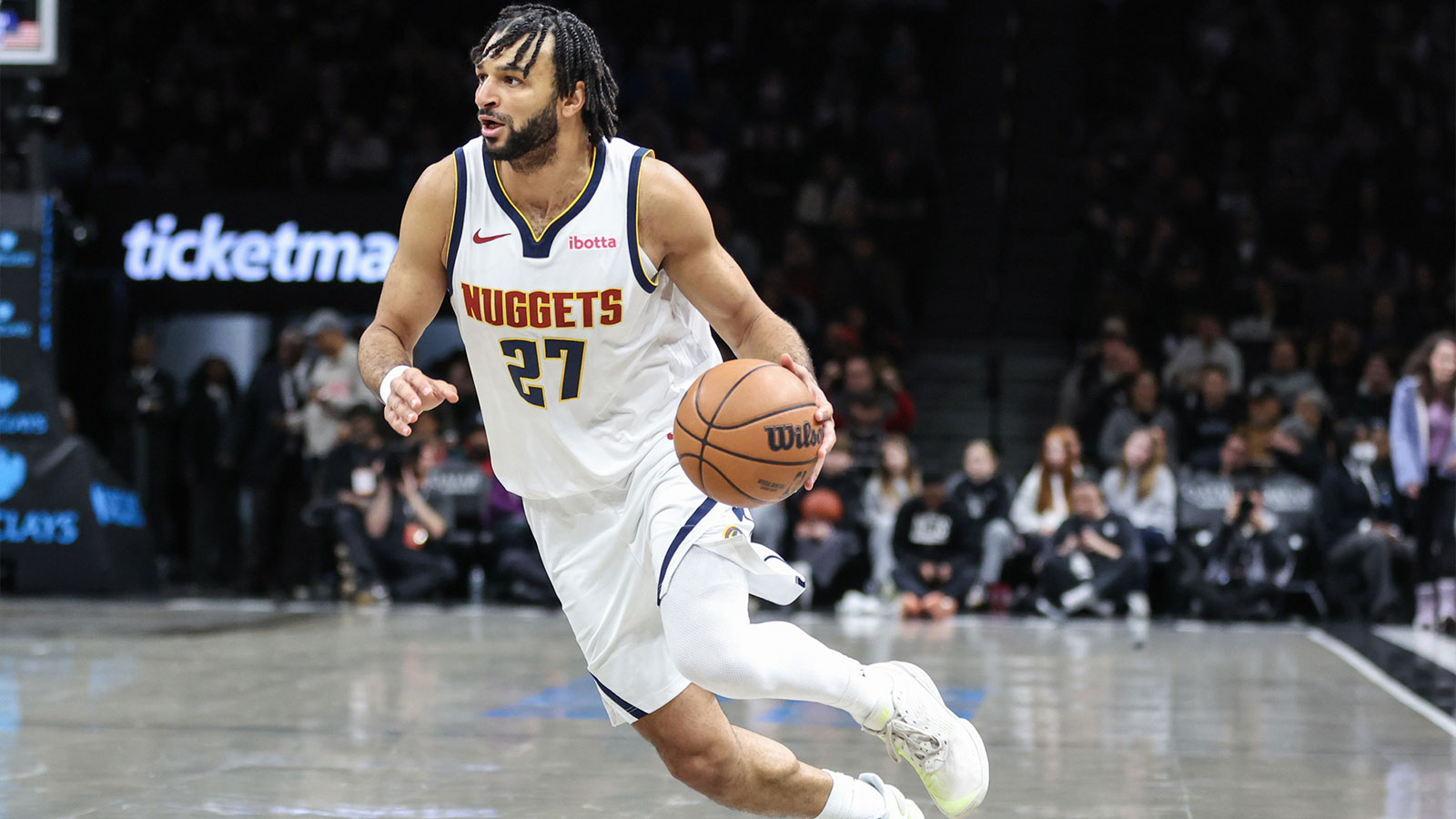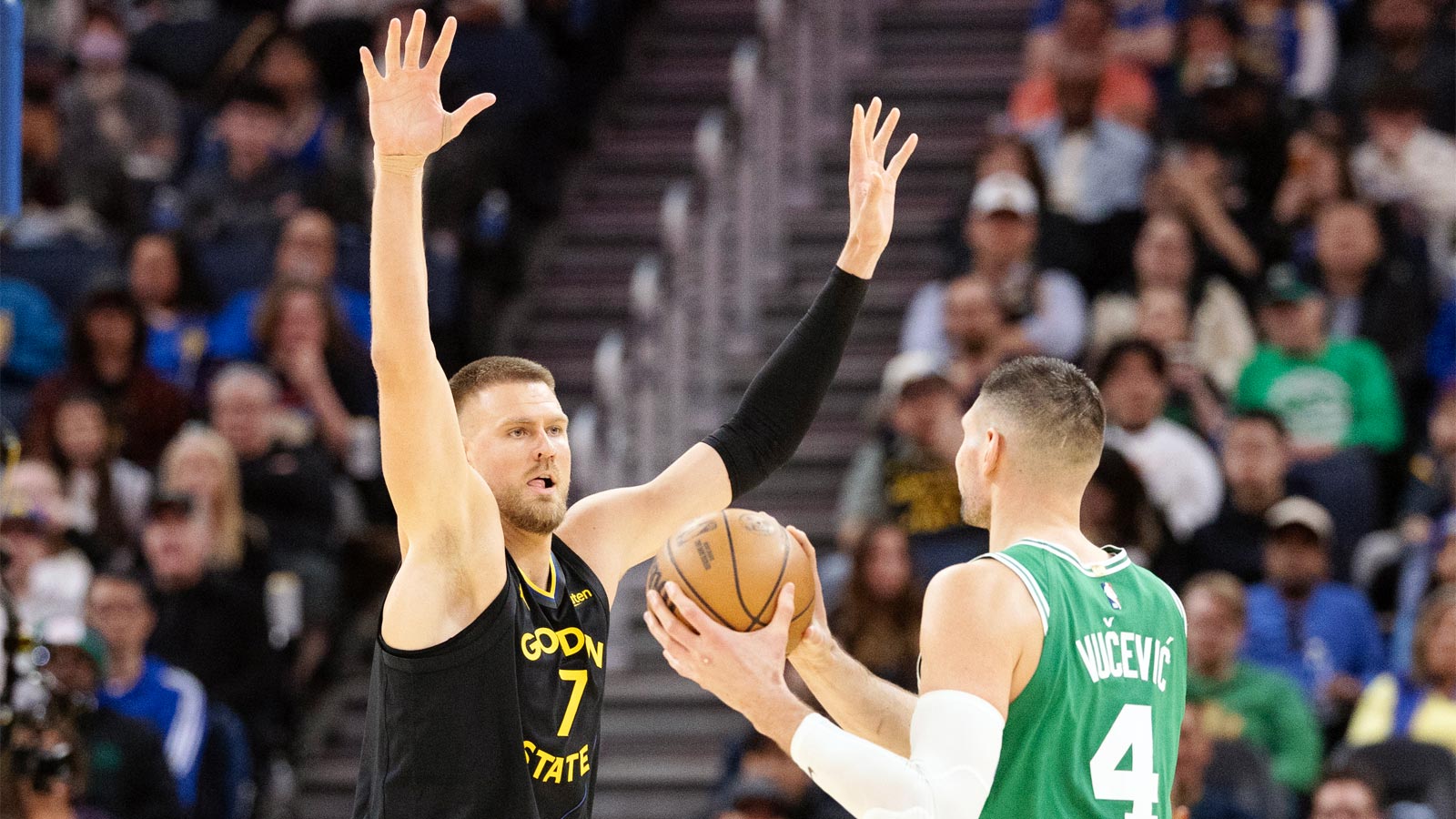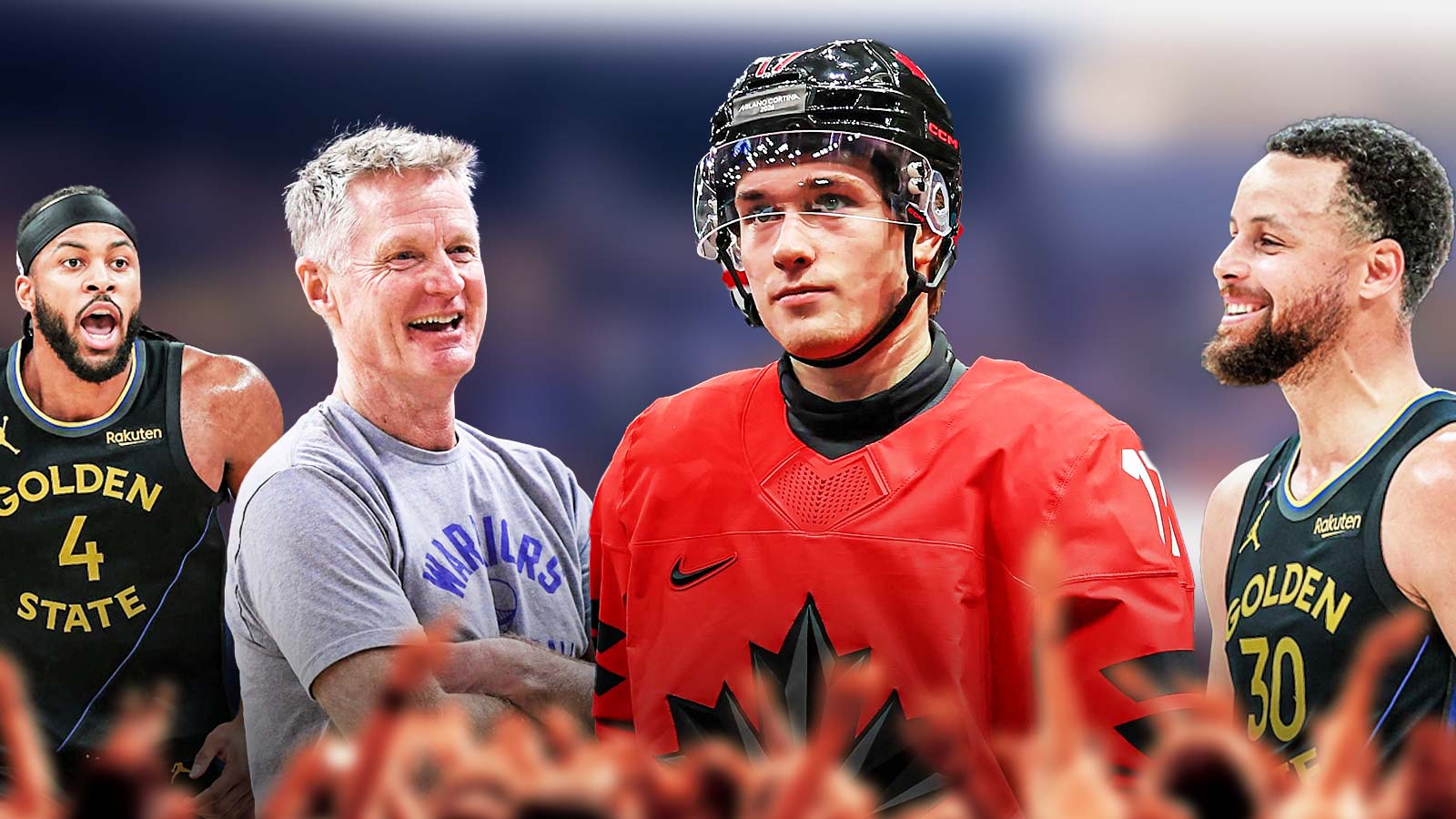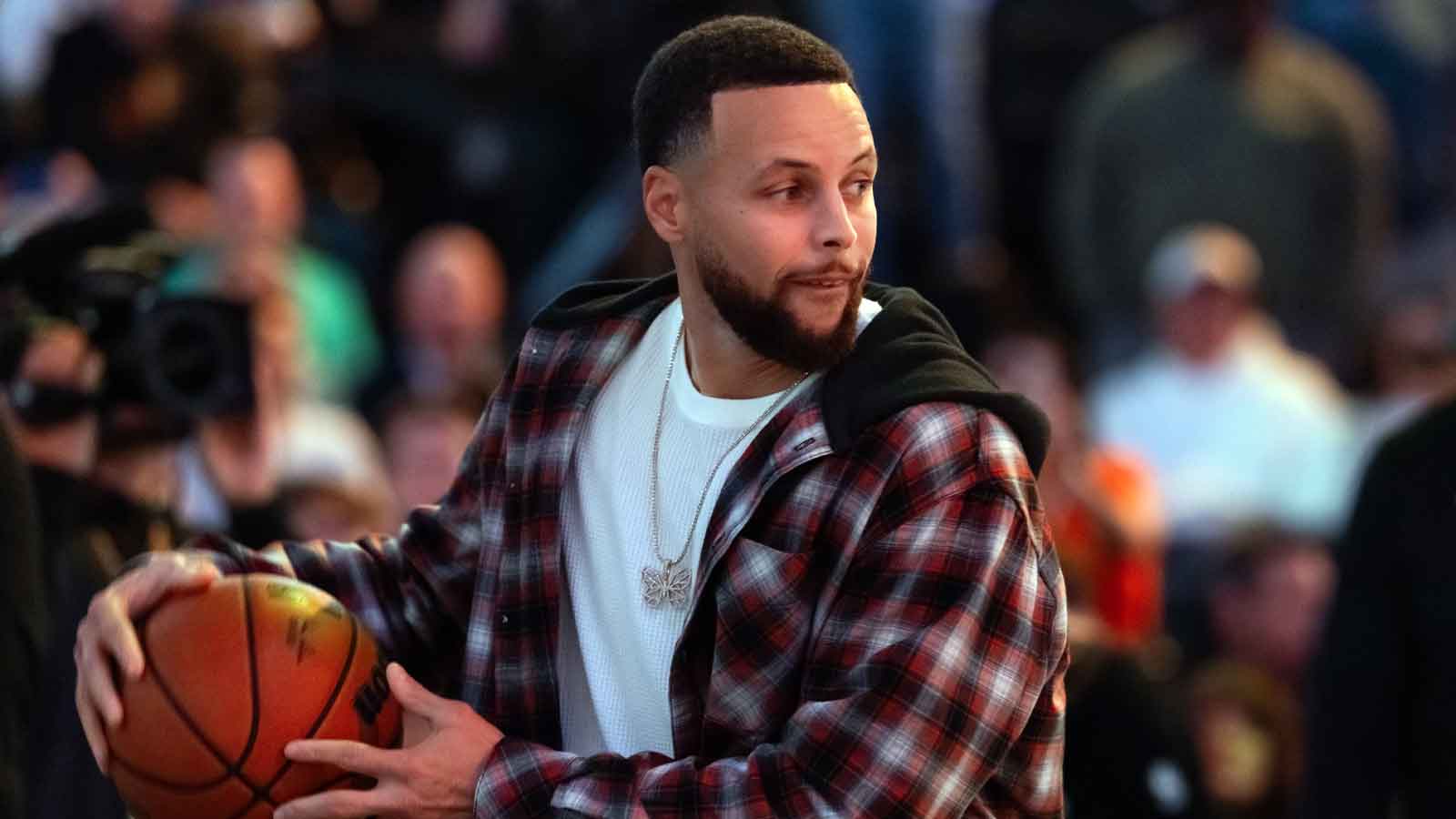Chris Paul certainly doesn't make the Golden State Warriors any younger, healthier or more athletic. He plays the same position as Stephen Curry, and at 38, isn't anywhere near the on-ball defensive ace he was in his prime. Paul has never come off the bench in his career, always subsisted on a steady diet of halfcourt pick-and-rolls and isn't the high-volume, off-ball shooting marksman his reputation suggests.
Purely from a strategic perspective, the Point God isn't exactly a seamless fit with the Warriors. Considering his near two-decade track record of team success in the NBA above all else, though, the addition of Paul aligns perfectly with Golden State's overarching goal of winning at least one more title before its dynasty finally comes to a close.
Mike Dunleavy Jr. emphasized that dynamic while speaking with reporters on Monday from Las Vegas Summer League, reiterating that Paul's history of “winning”—no matter where he's played in the league—was the single driving factor behind the Warriors' decision to acquire him in the Jordan Poole trade.
“I think in terms of his fit, the one thing we thought about was winning. Chris brings that,” Dunleavy said. “Go down the line of things he does well, it starts with winning, then it goes to winning, then after that it's winning, and then there's a few other things he does really well. In terms of how it's all gonna work out and how it's gonna fit, I just see a guy that every organization he's gone to he's made better, he's left that team in a better situation. Even at 38 years old, 18 seasons in the league, we still think he can do that.”
Paul has made the playoffs 15 times across his 18 seasons, with five different organizations. His new teams have immediately leveled up upon Paul's arrival, without a single exception regardless of circumstances.
The LA Clippers went from bottom-feeders to the second round of the playoffs in 2011-12. The Houston Rockets went from the Conference Semifinals to within one victory of dethroning the juggernaut Warriors as Western Conference champions in 2017-18. The Oklahoma City Thunder tried to initiate a rebuild a couple years later, but proved a much tougher playoff out with Paul leading the way in 2019-20 than Russell Westbrook and Paul George the previous season. All the Phoenix Suns did during Paul's debut campaign was increase their win total by 17 and advance to the NBA Finals for the first time since Charles Barkley's heyday.
It's naive to assume Paul's presence will make that same massive, tangible impact in Golden State. He's not the same player he was two years ago, let alone 10, and is poised to play by far the smallest role of his career with the Warriors—whether he primarily starts or comes off the bench. The Dubs simply don't belong to Paul the way his other squads have; they will always be Curry and Draymond Green's team.
But with the two-timeline plan officially scrapped and a revamped front office firmly prioritizing Curry's extended prime, there's no arguing Golden State's foremost justification for bringing Paul to the Bay. Winning is all that matters for these Warriors, and no single player available in a potential Poole trade drove on-court success like Chris Paul, even in his late thirties.
With Summer League winding down, it's only a matter of time until we find out how that reality translates to Golden State.

